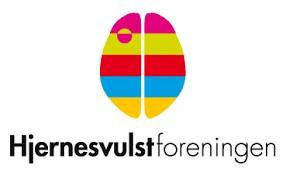Bortezomib and Temozolomide in Recurrent Glioblastoma With Unmethylated MGMT Promoter
This phase IB/II trial is designed to investigate the safety and survival benefits for patients with recurrent glioblastoma with unmethylated MGMT promoter treated with Bortezomib and Temozolomide in a specific schedule.
Hovedinnhold
Patients harbouring tumours with functional O6 methylguanine DNA methyltransferase (MGMT) DNA repair enzyme efficiently repair the DNA damage inflicted by Temozolomide and gain limited benefit from this chemotherapy. Bortezomib depletes the MGMT enzyme, restoring the tumour´s susceptibility to Temozolomide, if the chemotherapy is administered in the precise schedule when the MGMT enzyme is depleted. Additionally, Bortezomib inhibits the growth of tumour cells by blocking autophagy flux. Temozolomide causes genotoxic stress in cancer cells that in turn respond by inducing protective processes such as autophagy. If both autophagy and MGMT DNA repair enzyme are blocked a priori, the efficacy of Temozolomide will be enhanced. Thus, pre-treating the tumour with Bortezomib prior to administration of Temozolomide leads to DNA repair enzyme depletion and blockade of autophagy-induced survival signals. The combined effect will sensitize the tumour to therapy, improve chemotherapy efficacy and prolong patient survival outcomes.
